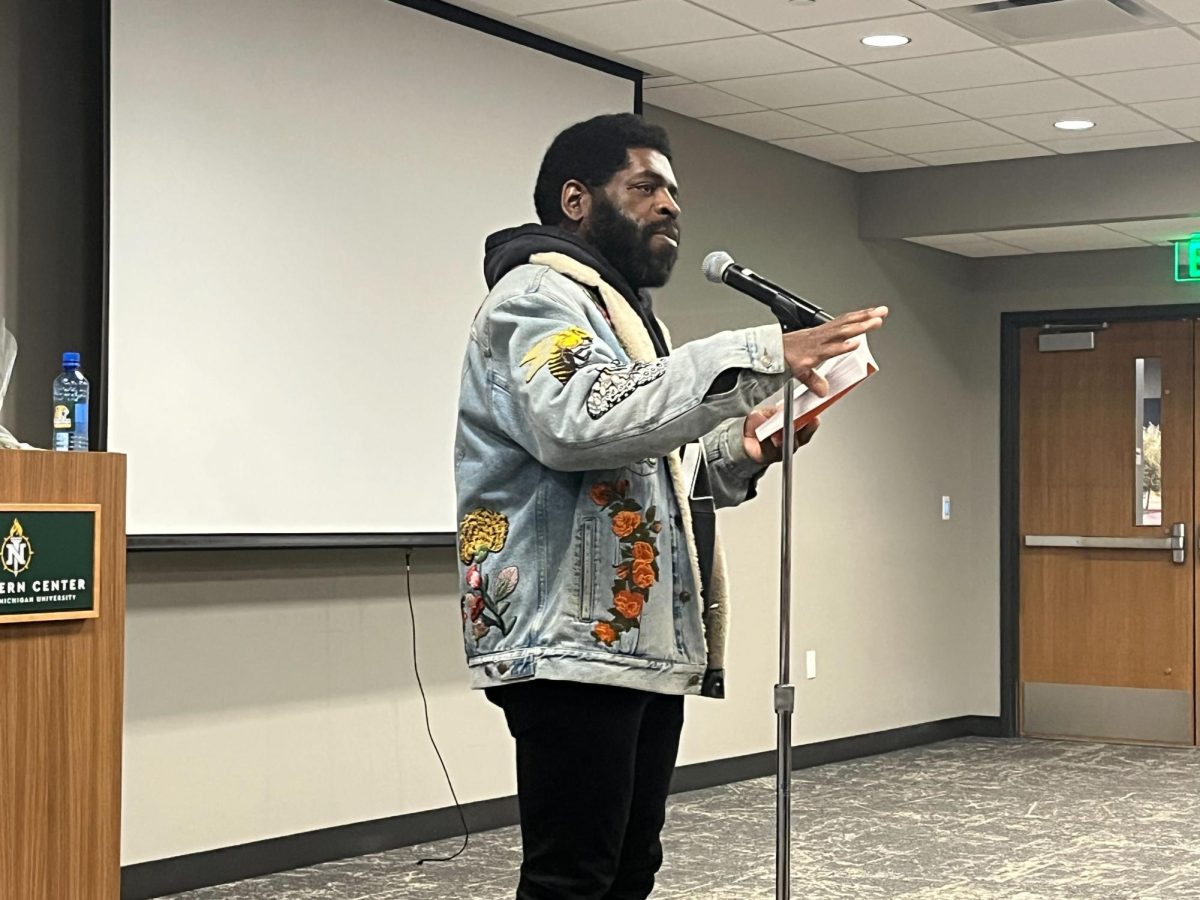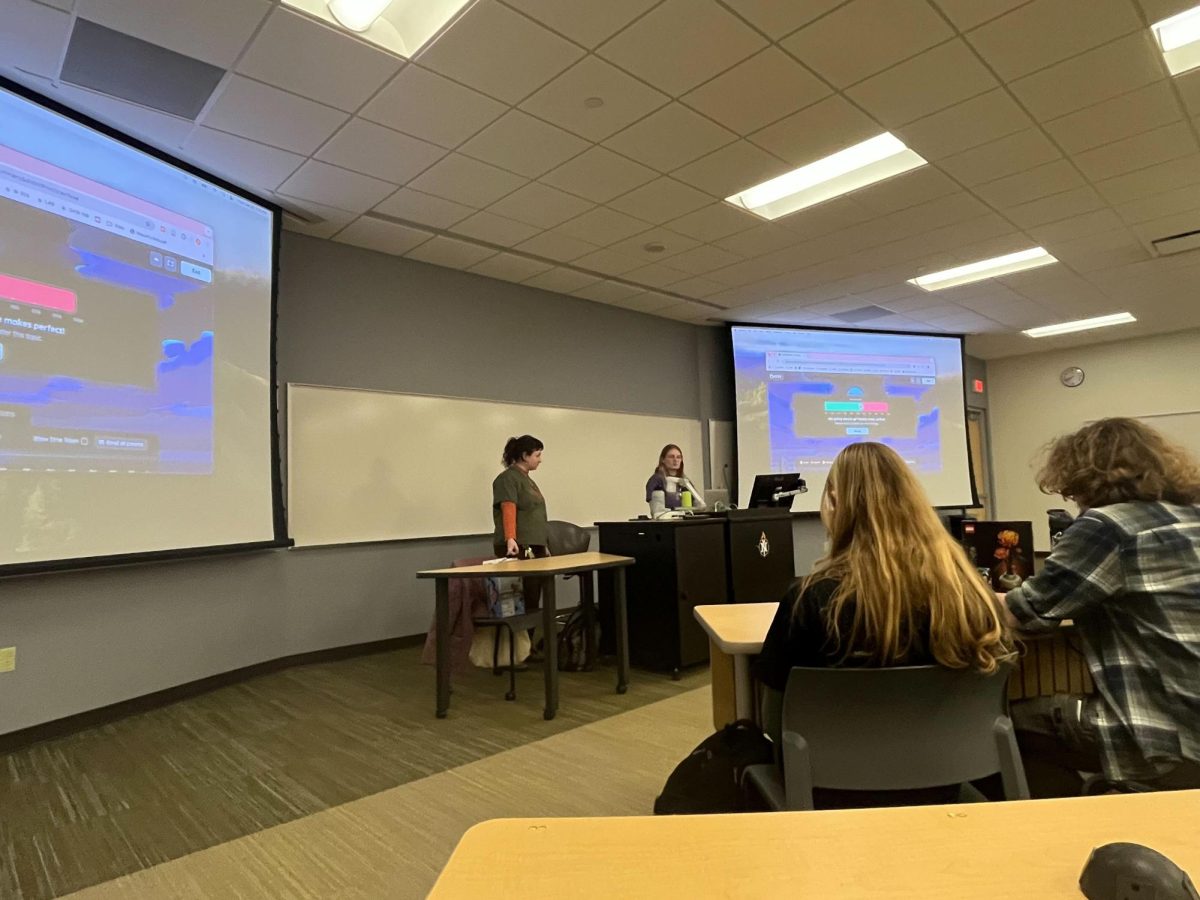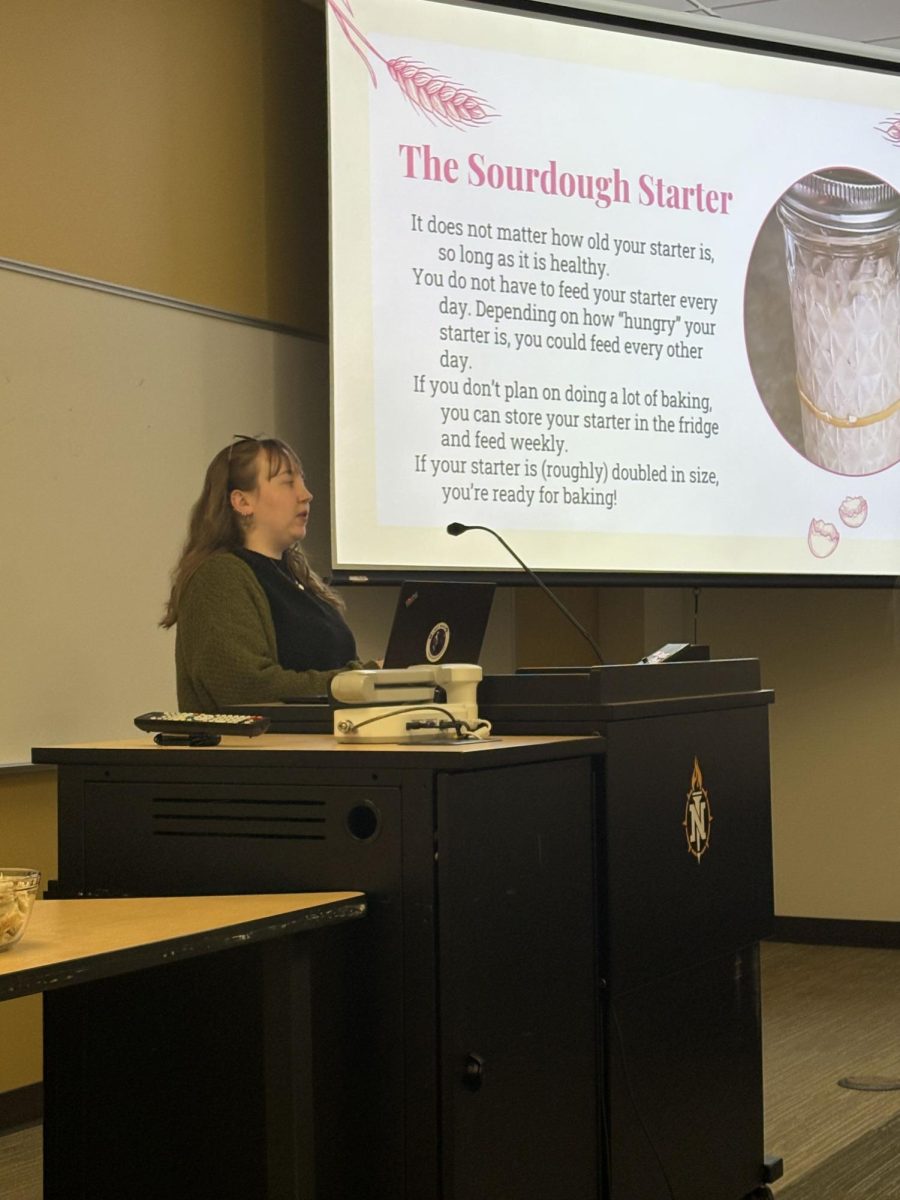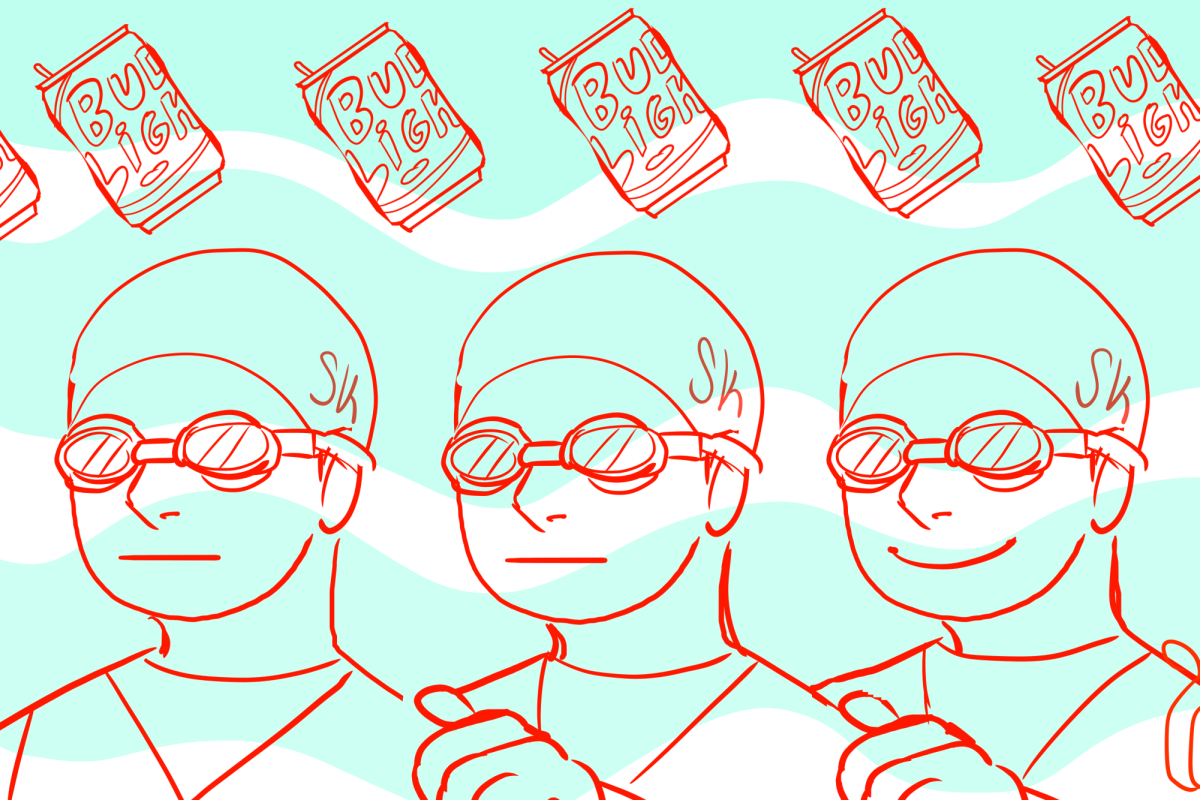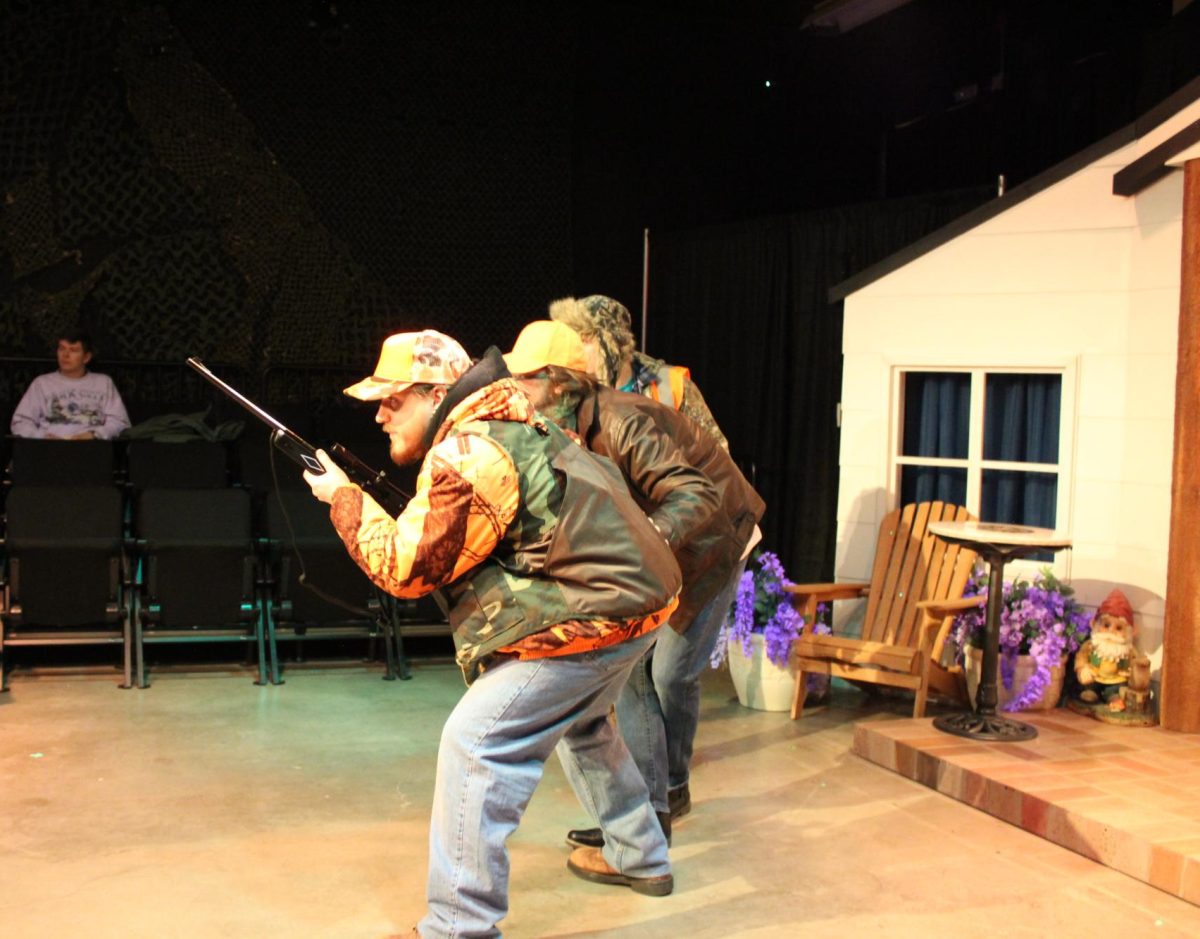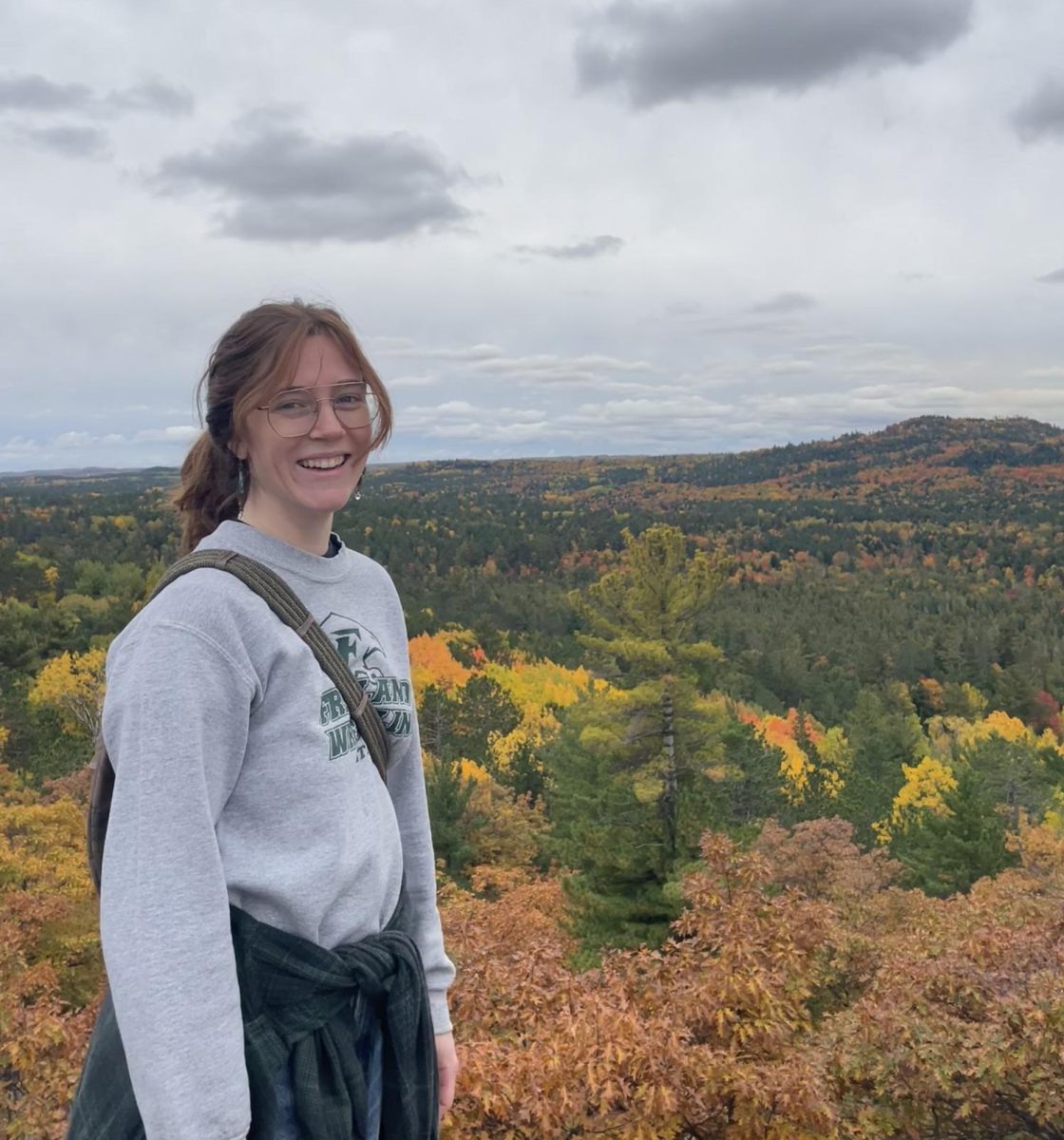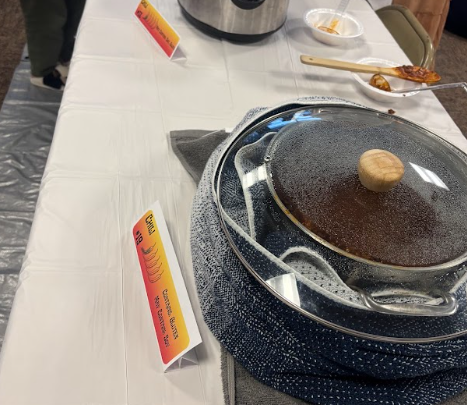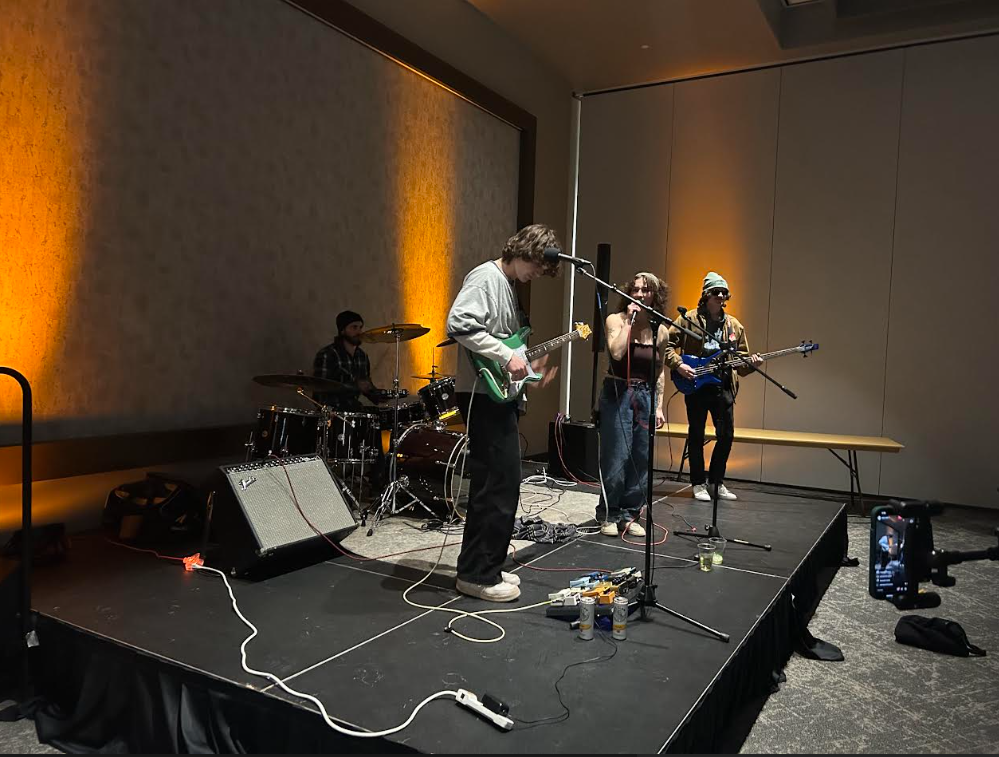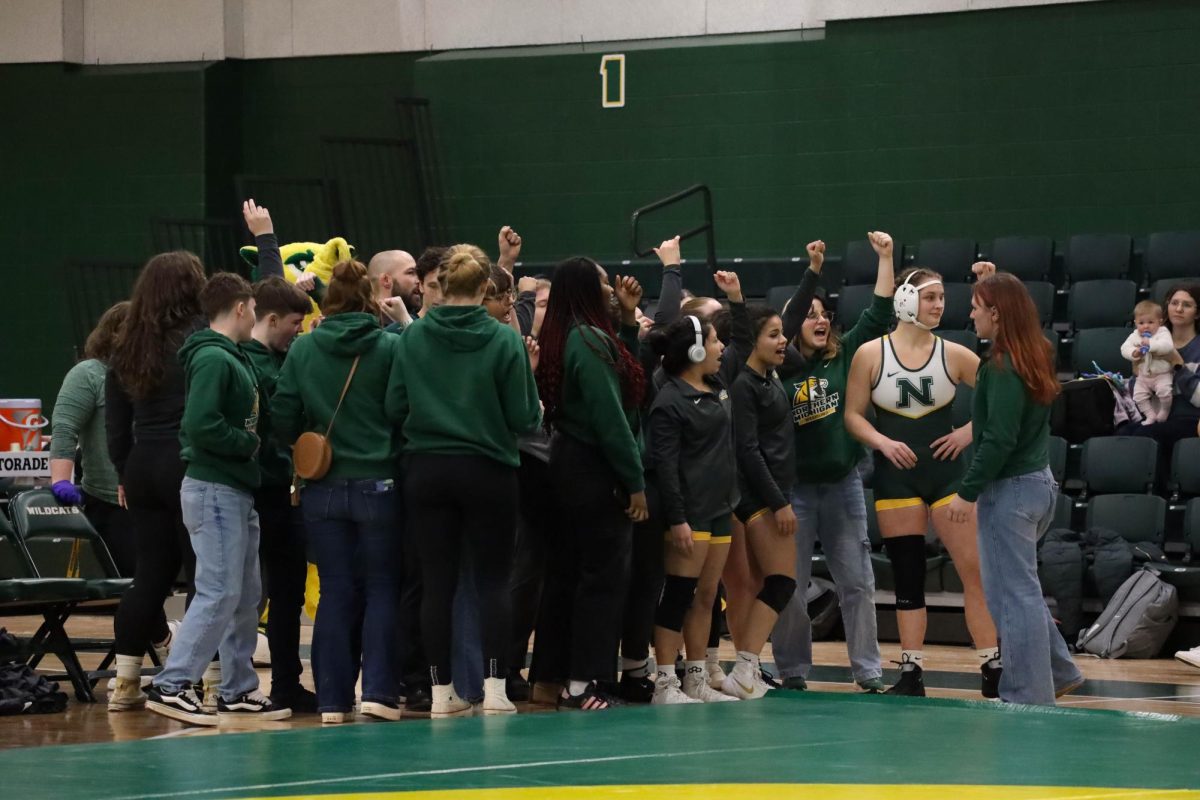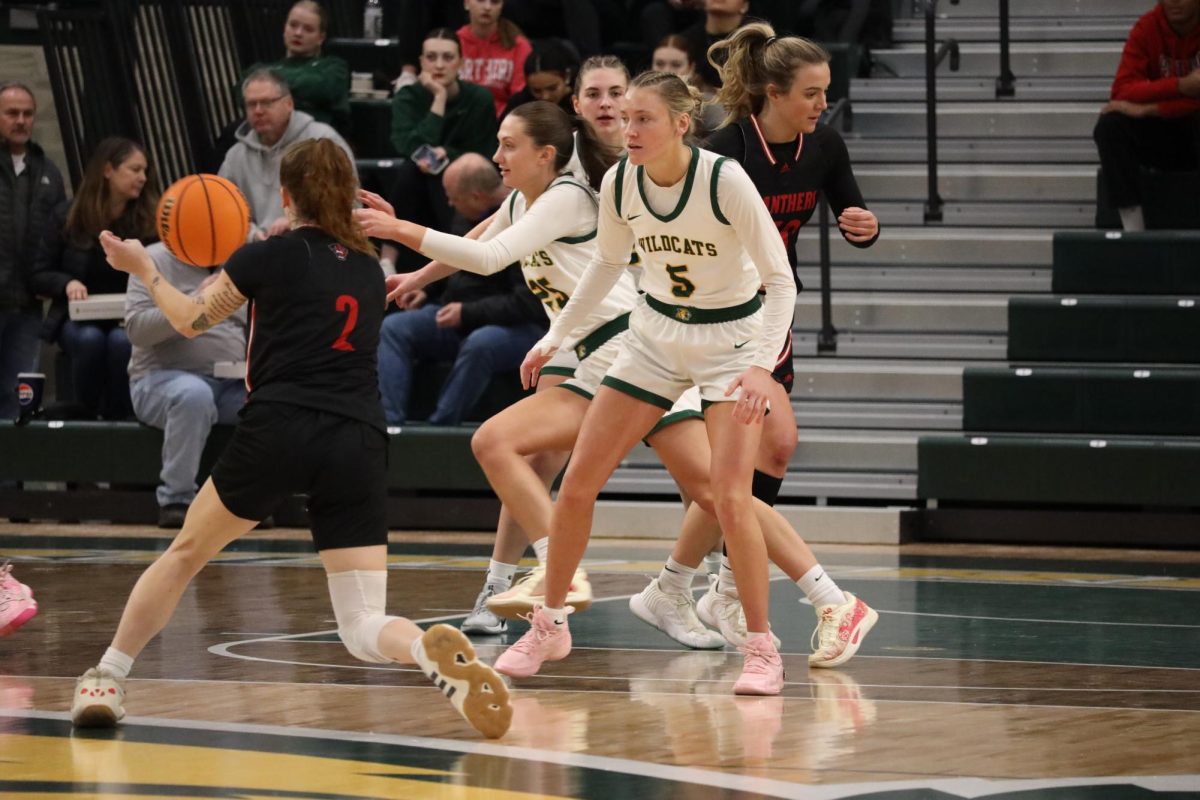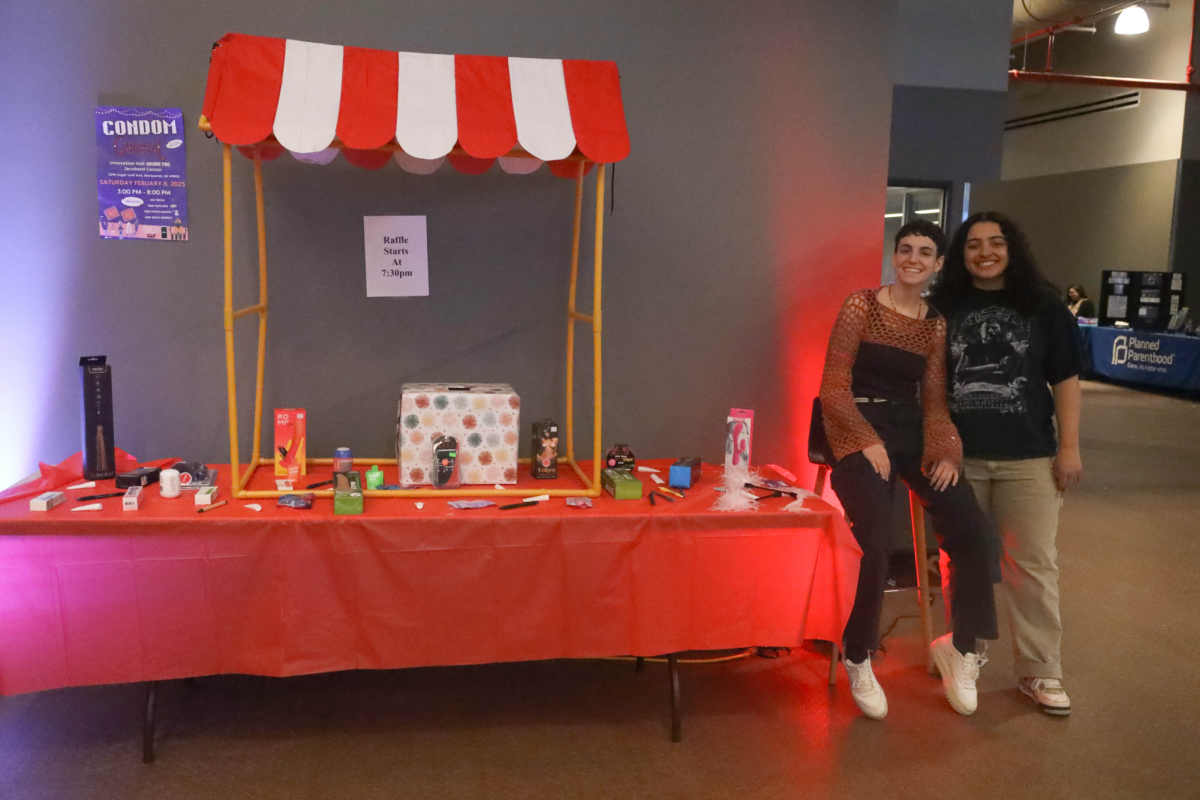This spring, I returned to Lowell, Mich., and wandered the woods behind my house as I have done for years, but something was wrong. Instead of the green umbrellas of the mayapples and the elusive beauty of trilliums, I swam through a waist-high lake of garlic mustard herb, a biennial member of the mustard family. This invasive species is blanketing Lower Michigan, choking out biodiversity in forest habitats, and spreading.
Frustrated, I began pulling them behind my house and on the side of roads. The fight against garlic mustard was bleak. The ravine behind my house is turning into a mono-crop understory.
I wish I was aware of the threat before it was established. At least then I could have acted earlier.
Biodiversity is important to an extent that we do not fully comprehend.
Another environmental trouble affecting Michigan is Asian Carp. I hate seeing woods flooded with garlic mustard and loathe the idea of the Great Lakes and Michigan rivers being turned to silver and bighead Asian carp habitats.
The fish were imported into the U.S. by catfish farmers in southern states to control algae. Flooding in the ‘90s allowed the carp to escape into the Mississippi River and swim north into the Illinois River, now the route to Lake Michigan.
The term Asian carp includes several types of carp, but silver and bighead carp are the two on the brink of Lake Michigan. They can grow up to four feet long and weigh over 100 pounds. Their stomachs allow them to eat large amounts of food rapidly outcompeting native fish in our Lakes, notably salmon and walleye. They also eat eggs, further destroying native populations and they reproduce rapidly.
These are not ornamental pond koi, but ugly grayish-black monsters with eyes almost directly behind their mouths.
They pose a physical danger to humans in the waters they inhabit. Some Asian carp can jump out of the water up to 10 feet when frightened. A kayaker made headlines when he dropped out of a Missouri River race due to a headache when a 30 pound Asian carp flew out of the water striking him. Bad fish, bad news.
These fish pose a direct threat to the well-being of Great Lakes’ ecosystems. They must be stopped from entering pure Michigan waters. The Great Lake states are responding to this diabolical invasion accordingly, but not without political and economic strife.
Michigan’s Attorney General, Mike Cox, is at the forefront of the response. A website set up by the AG, StopAsianCarp.com, states their position: “If these hyper-aggressive invasive species enter the Great Lakes, thousands of jobs, the lakes’ unique ecology and our way of life here in Michigan and other Great Lakes states will be at risk.”
Two lawsuits were filed in the Supreme Court to force the closure of the Chicago Locks and the O’Brien Lock and Dam south of downtown Chicago, but both were denied. Recently, a federal judge scheduled more hearings, including testimony, to close the locks. Ohio, Pennsylvania, Wisconsin and Minnesota also joined in the suit against the Chicago’s Metropolitan Water Reclamation District and the U.S. Army Corps of Engineers. The hearing begins in early September.
Individual action is limited. There is a petition on StopAsianCarp.com, and writing letters as a means of protest, although the effectiveness of both are questionable. Maybe a contingency of fishermen to thin population in Illinois would help. A Lake Shepherd Conservation Society willing to scuttle a sizable vessel in both locks could directly act against the locks (hypothetical ideas here), but the critics are saying that even if both locks are closed, Asian Carp will get into the Great Lakes.
There is limited good news here. Writing and research revealed a bleak trend, and I cannot convey much hope. Terrible fish are invading the Great Lakes, and if they succeed, they threaten life there. Let’s hope I’m wrong. Let’s shut the locks. Let’s disconnect Lake Michigan and the Mississippi River. And let’s tread lightly on the earth we live on, because the ramifications of our actions continuously show the depths of our ignorance in harm to our non-human neighbors and ourselves.

